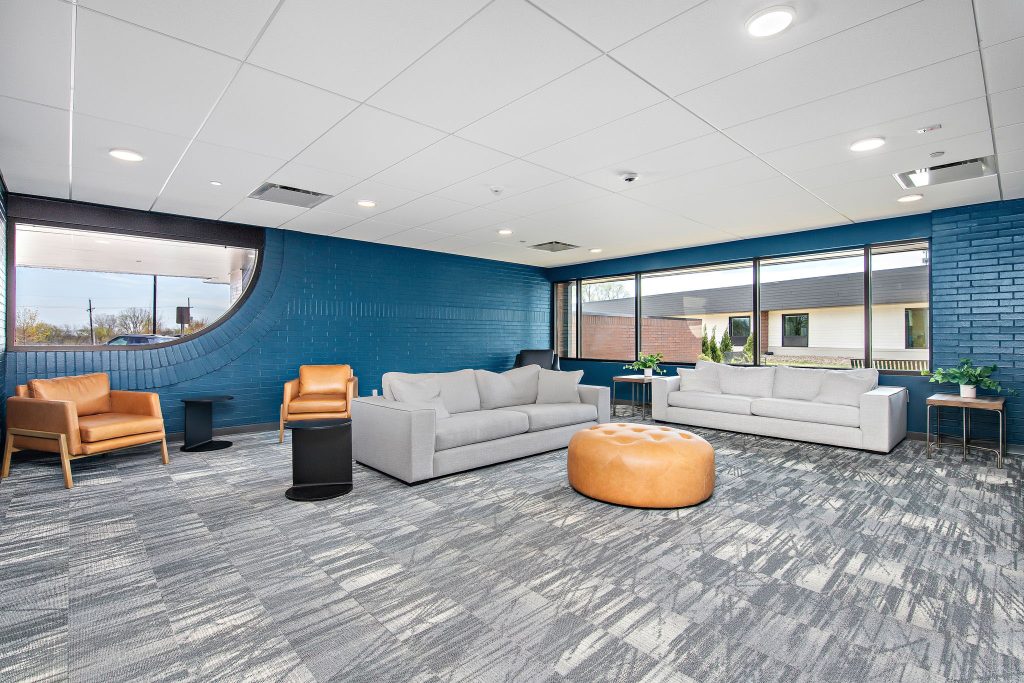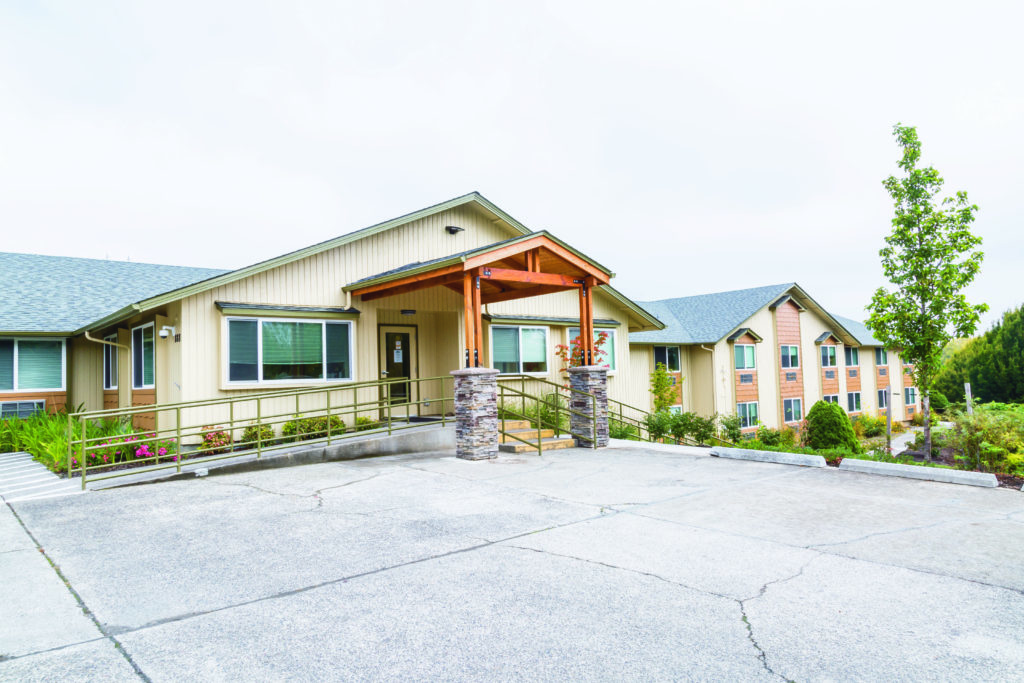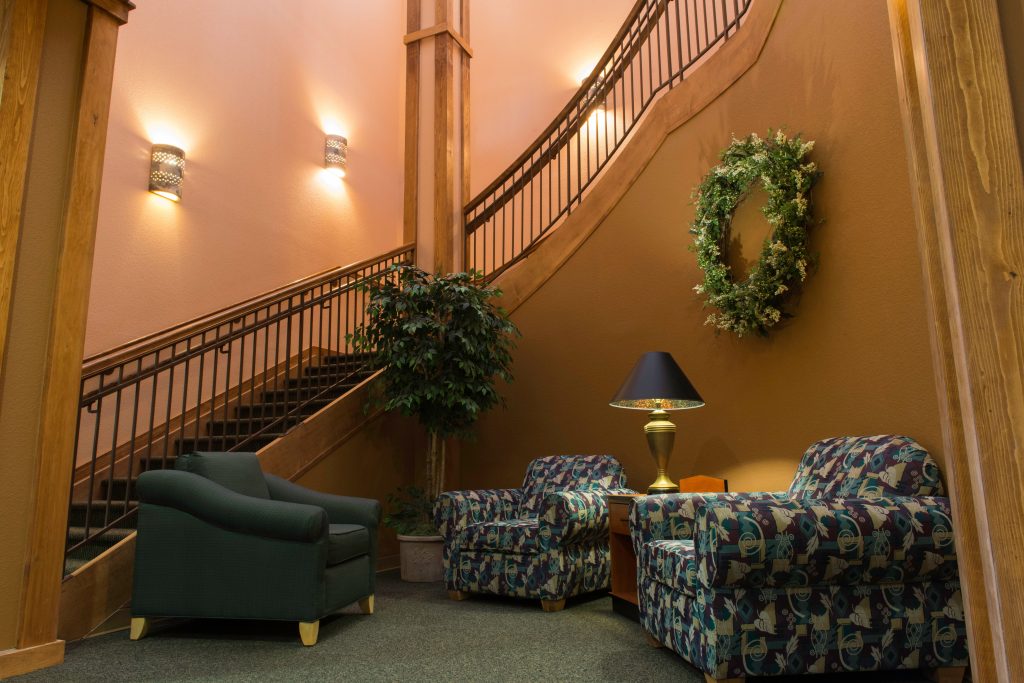Inpatient Drug and Alcohol Programs
Our inpatient drug and alcohol treatment allows patients the opportunity to focus on understanding and healing from their addiction while also treating any co-occurring mental health conditions.

Inpatient Rehab at Advanced Recovery Systems
Our inpatient rehab programs, also commonly known as residential treatment, offers a highly structured and intensive approach to addiction treatment. Patients live on-site at our facilities to focus on their recovery and receive evidence-based programming from our licensed staff throughout the day.
Complete Inpatient Rehab With Us
We offer inpatient, residential programs at the following Advanced Recovery Systems facilities:


Knowing when it’s time for inpatient treatment
Inpatient treatment may be the right treatment option for you if any of the following statements are true:
What Does Our Inpatient Rehab Include?
Inpatient rehab empowers you with the tools, awareness and support you need to live a sober happy life.
During your inpatient stay, our addiction experts lead you through a full-time treatment plan that helps you manage your symptoms and explore the underlying causes of your addiction. This comprehensive approach includes addressing co-occurring mental health disorders and may utilize medication-assisted treatment as medically appropriate.

Using Insurance for Inpatient Rehab
Our facilities are in-network with most national and local insurance providers. We can confirm your insurance benefits or discuss private payment options with you.
About Inpatient Rehab
Inpatient rehabilitation, also called inpatient rehab or residential treatment, is a level of addiction treatment where patients stay on-site at one of our facilities to focus on stopping their drug and alcohol use and committing to a long-term recovery plan. Inpatient rehab usually starts after detox is completed, and is often followed by step-down programs like a partial hospitalization program or outpatient treatment.
How long is inpatient rehab?
While the length of treatment depends on a multitude of factors including the patient’s substance use history and overall health, most patients finish our medical detox and inpatient rehab programs in 20–35 days.
Can I leave inpatient rehab when I want?
Patients have the right to leave rehab at any time, as long as they are not a danger to themselves or others, even against medical advice. However, we recommend completing the full treatment plan in order to minimize the risk of relapse and/or overdose.
Does inpatient rehab work?
Yes, inpatient addiction treatment has been the starting point for many of our patient’s long-term recovery journeys. Substance use disorders do not have a “cure,” recovery is possible. We measure the success of inpatient rehabilitation based on several factors, including improvements in patients’ physical and mental health, employment or educational status, relapse time, safety and legal status, and the quality of relationships with their loved ones.
How can I pay for inpatient rehab?
Insurance may cover some or all of the inpatient rehab costs. Our facilities can also work with patients without insurance to develop a private pay option.
Speak With Inpatient Admissions
A Recovery Advocate can answer any questions and help you get started in inpatient rehabilitation.

